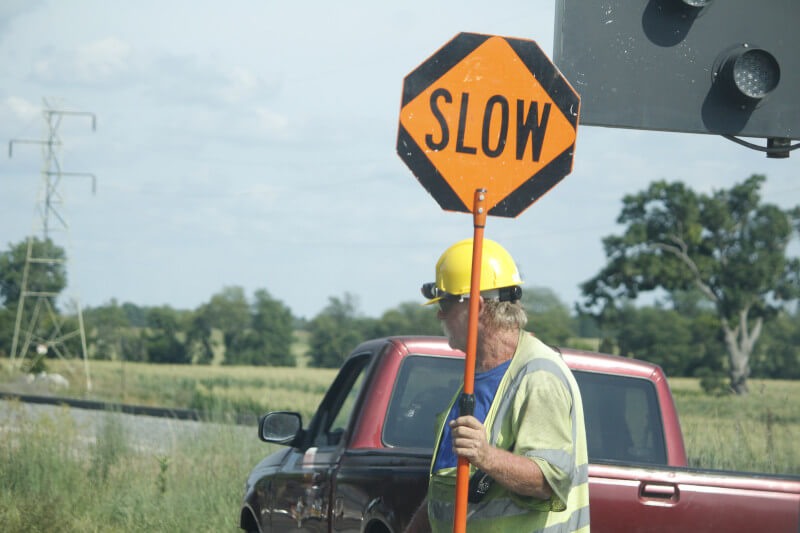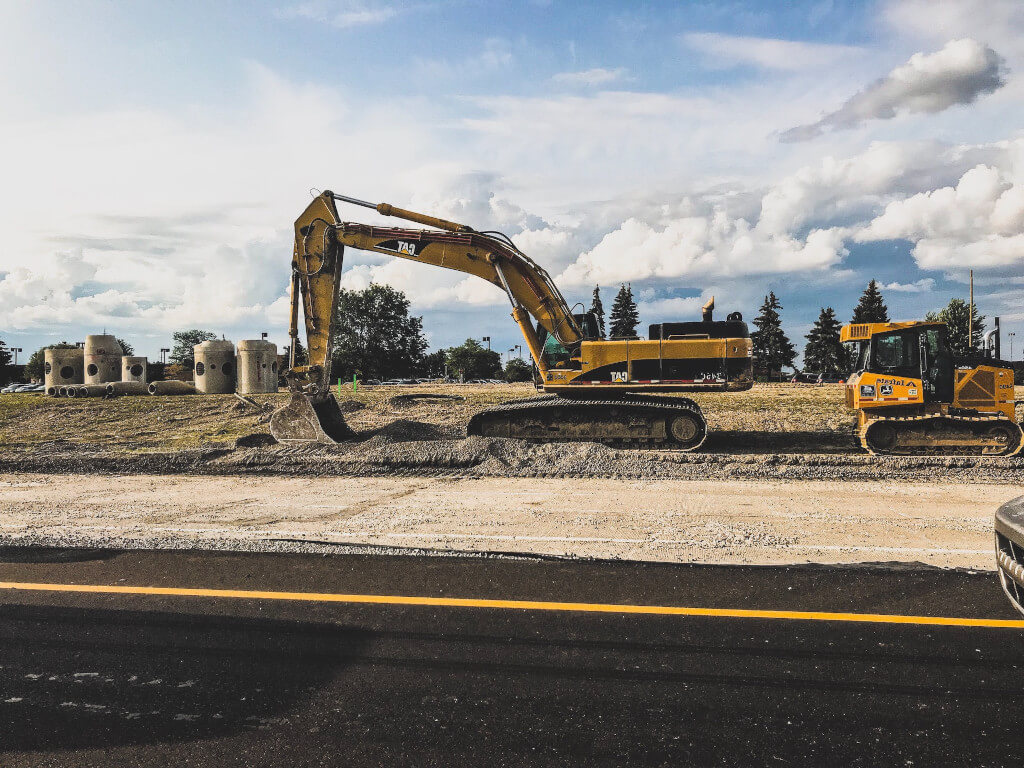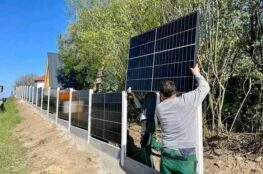There will be significant delays on the N1 between Johannesburg and Cape Town. The South African National Roads Agency (SANRAL) has announced roadworks beginning this week and continuing until May 2024, confirming interruptions notably throughout the next summer and festive season.
The Specifics:
- The most significant disruptions are expected between Bontebok and Hanover in the Northern Cape, which is a key route between Gauteng and the Western Cape.
- Timeframe and Purpose: Top Auto reports that the road construction will begin on August 28, 2023, and last for nine months, until May 20, 2024. Preventative maintenance is the major concern. The roads will be resealed, drainage systems will be improved, and supporting infrastructure will be modernised, among other things.
- Due to the ongoing road construction, speed limits in the affected areas will be lowered to 60 kilometres per hour (km/h).
- Drivers should take note of these alterations to prevent fines and enhance road safety.
“We understand the inconvenience this might cause, especially during peak travel periods,” the SANRAL official said. To ensure the N1’s continued reliability and safety, however, certain improvements are necessary. We value the public’s understanding and suggestions for alternate routes or ways to account for any delays.
Some Advice for Navigating the N1 and N2 Roadworks

- Stay Informed: Regularly check SANRAL’s official website or reliable traffic news sources. They often provide real-time updates on roadwork progress and potential delays.
- Plan Your Route: Before you head out, study the map. Identify alternative routes to avoid the major roadwork sites, especially between Bontebok and Hanover, and around the N2’s blasting areas.
- Adjust Your Travel Time: If your trip involves passing the mentioned regions, consider starting your drive a bit earlier than usual. This gives you a buffer for any unforeseen stop-go delays.
- Obey Speed Limits: Remember, speed restrictions of 60km/h will be in effect in work zones. Always adhere to these limits for your safety and to avoid penalties.
- Stay Alert on Wednesdays: If you’re traveling on the N2 between Makhanda and Fish River Pass, be particularly cautious on Wednesdays. Blasting operations will close the road around 14h00, and it will remain inaccessible for about three hours post-blasting.
- Car Essentials: Ensure your car is equipped with essentials for longer waits. This includes water, snacks, a first-aid kit, and perhaps some entertainment like podcasts or audiobooks.
- Stay Connected: Keep your mobile charged, and consider having a car charger. This ensures you can call for assistance if needed or keep yourself updated with live traffic reports.
- Be Patient: Roadworks can be frustrating, but remember, they’re for the long-term benefit. Practice patience, listen to calming music, or use the time to catch up on audiobooks or your favorite podcasts.
- Communicate Your Plans: Inform family or friends about your travel plans, especially if you expect to be on the road for an extended period. They can check in on you or be aware in case of unexpected delays.
- Consider Off-Peak Travel: If possible, try traveling during off-peak hours. Early mornings or late evenings might offer smoother transit.
Extra Information Regarding N2 in the Eastern Cape
The N1 isn’t the only route to getting an upgrade. Disruptions will also occur on the N2, especially between Makhanda (previously Grahamstown) and the Fish River Pass in the Eastern Cape. There will be blasts here every week until July of 2024. Please note that these procedures will take place on Wednesdays at 14:00 GMT. To safeguard the safety of the N2 after the blast and clean up, the road will be closed for around three hours.
SANRAL further states, “Commuter safety is our top priority.” These brief disruptions are an absolute must if we ever want to see traffic-free, accident-free roads for everyone.




